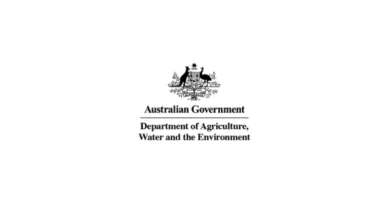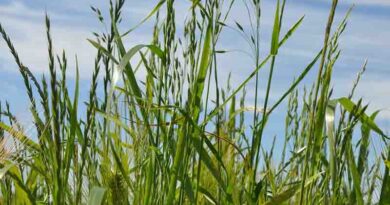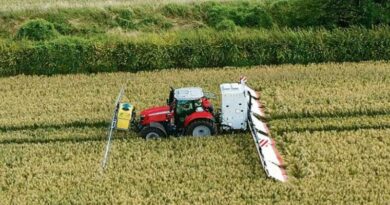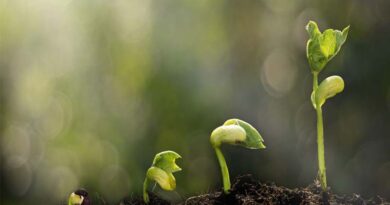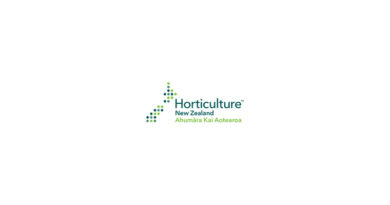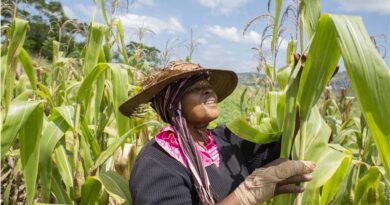Nuffield scholar to explore sustainable intensification
06 June 2023, AU: Tim Houston broke the drought when he returned to the family farm in late 2019 after studying for a Bachelor of Business in farm management at Marcus Oldham College in Victoria.
Mr Houston is among a growing cohort of Nuffield Scholars who are completing the 14-week program, which offers an opportunity to travel the world purposefully and meet a diverse range of people in food and fibre production.
The Grains Research and Development Corporation (GRDC) and Cotton Research and Development Corporation (CRDC) are two of over 20 organisations that sponsor the Nuffield Australia Farming Scholarship program to support the development of agricultural leaders to identify, share and implement new knowledge, management skills and farming practices.
The scholarships, which are currently open for applications until June 9, are an opportunity for Australian primary producers to identify a topic for research relevant to them and the broader industry, and then travel to study in Australia and internationally.
Mr Houston and his parents Rob and Sally operate Sandholes Farming, consisting of 14,000 hectares of grain and dryland cotton cropping and Brangus cattle breeding.
Before Mr Houston returned home there had been a run of dry years at Mungindi, on the Queensland/New South Wales border.
“In 2019, we received 90 millimetres for the whole year. It looked like Mars here,” Mr Houston says.
That seems like a distant memory now. Like many growers in the region, Tim spent spring last year moving cattle to higher ground, shifting grain and getting roads as ready as possible before the inevitable double-hit of floodwater and rain.
“For the past 18 months, we’ve faced flooding, on and off. It has meant that on our low country we had no crops in 2022 or 2021. However, in 2021, the country that wasn’t flooded did really well, so we made up a bit there. In terms of getting grain in and out, we were lucky that year. We had a break during harvest, and we weren’t too wet, which meant grain got back to our silos,” he says.
Making better use of the land – socially, environmentally and economically – is a topic that the family is keen on and one that Tim will investigate as part of his recently awarded Nuffield Scholarship, supported by CRDC and Cotton Australia.
About 65 per cent of Sandholes’ farming operation is usually cropped, with mostly native pasture grazing making up the remaining 35 per cent.
On some of Sandholes’ Queensland farmland, Tim is hoping to explore a soil improvement process that rotates between cropping and improved pasture phases.
“Utilising cropping will help to destroy the weed bank before planting in an improved pasture,” he says.
Through this process, Tim wants to explore what benefits it brings to soil carbon levels.
“We plan to test our soil and get a baseline reading and then test it again in the future to see if there has been any increase.”
With these land-use options in mind, Tim is very keen to find out how other countries have managed the concept of sustainable land intensification – growing more with existing land.
“The Global Biodiversity Framework covers sustainable intensification, and I want to explore how farmers across the world are navigating this. I hope to bring this information back to Australia.
“I’m not sure how you keep everyone happy. This is what my research is aiming to find out. I want to find a way forward where we can deliver positive social, economic and environmental outcomes. I would like to investigate how other countries are sustainably intensifying their land, to see the new techniques and the ways they are doing it to give the best outcome possible.”As well as his interest in soil carbon, Tim believes food production needs to be increased.
“More than a decade ago, the United Nations stated that world food production would have to double by 2050 to keep pace with global population growth. I believe Australian agriculture has both an opportunity and a responsibility to meet future demand. The question is how we do this, while balancing social, economic and environmental needs,” he says.
Applications for the 2024 Nuffield Scholarships are open now and close June 9, 2023. Visit the Nuffield website to apply.
Also Read: Rajasthan Government categorizes Agrochemical companies based on sample report
(For Latest Agriculture News & Updates, follow Krishak Jagat on Google News)


